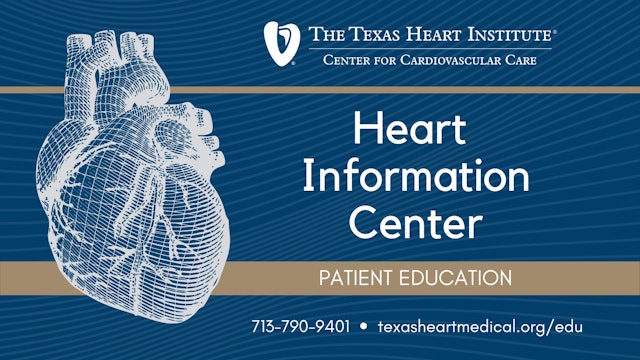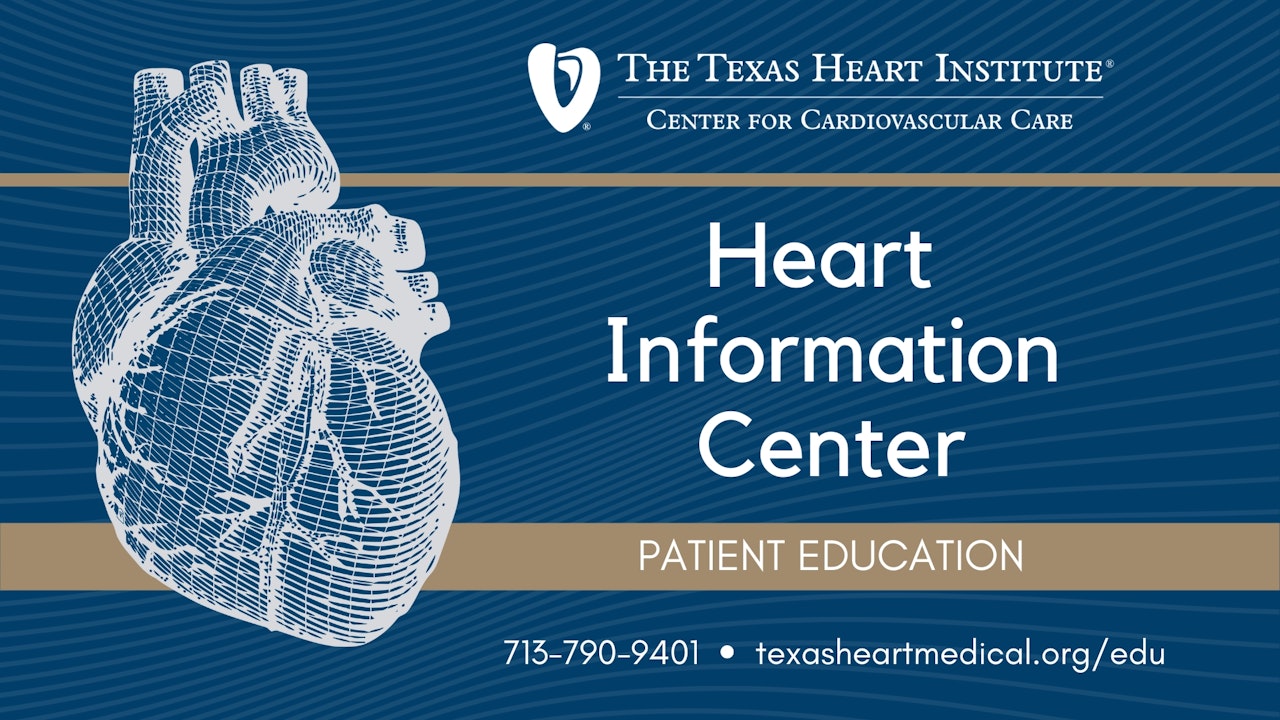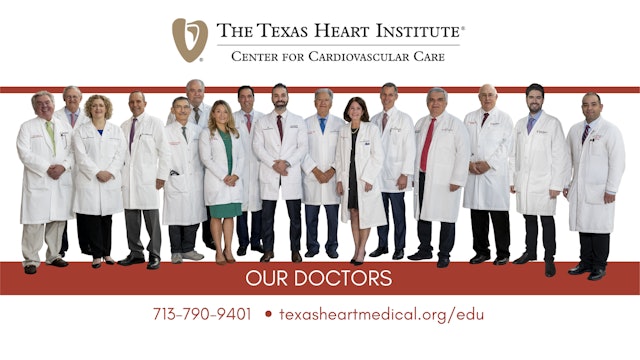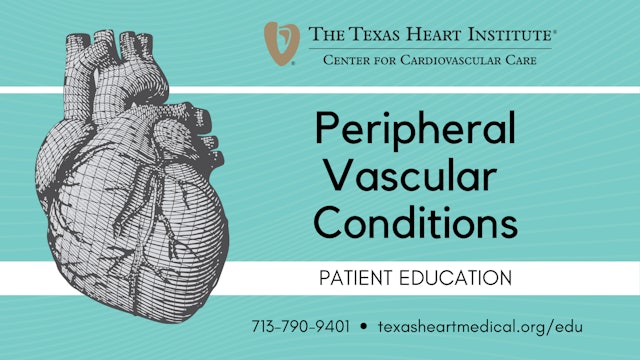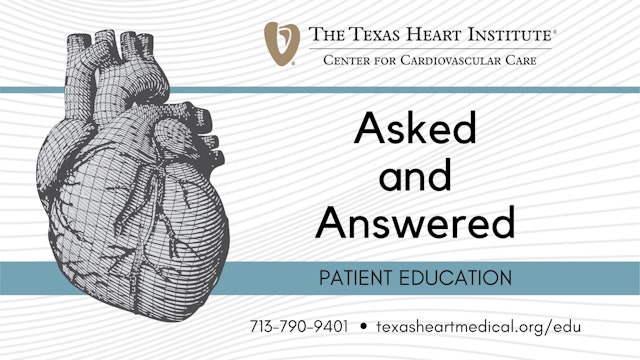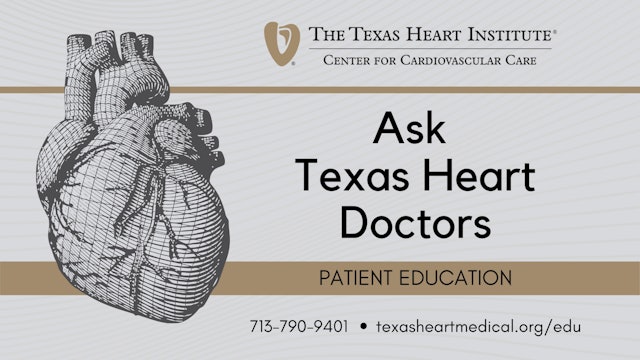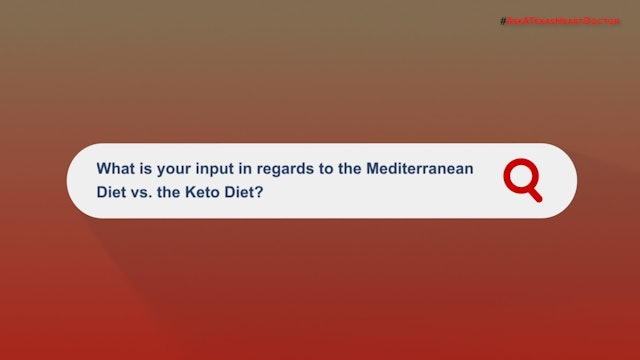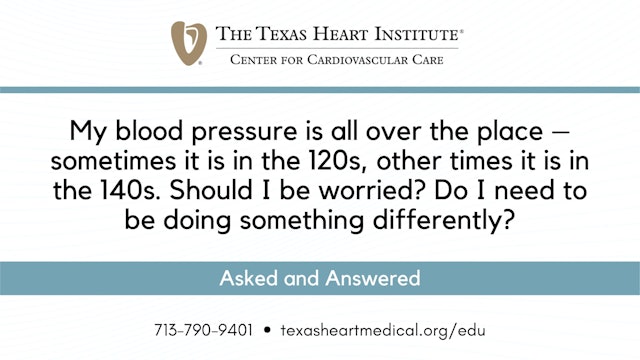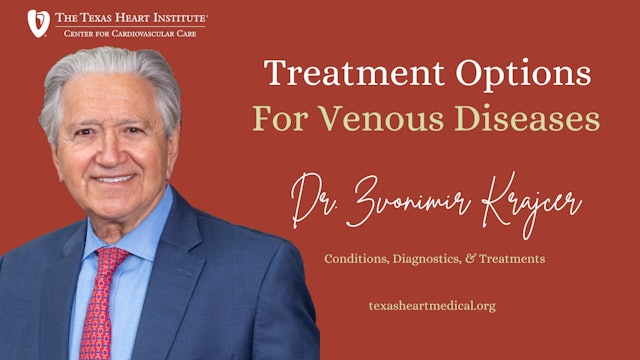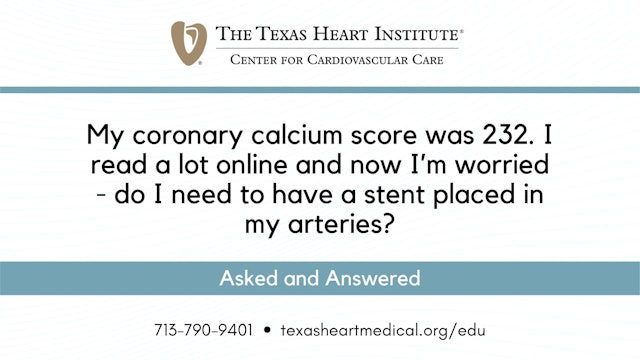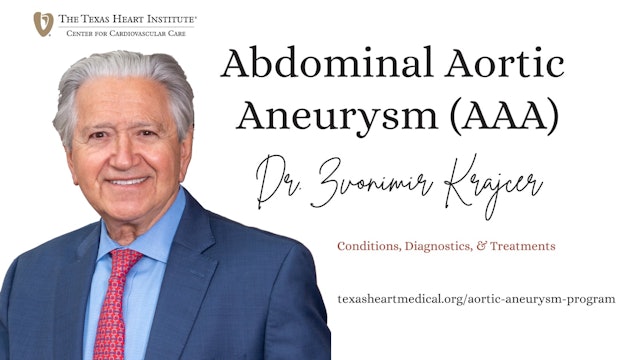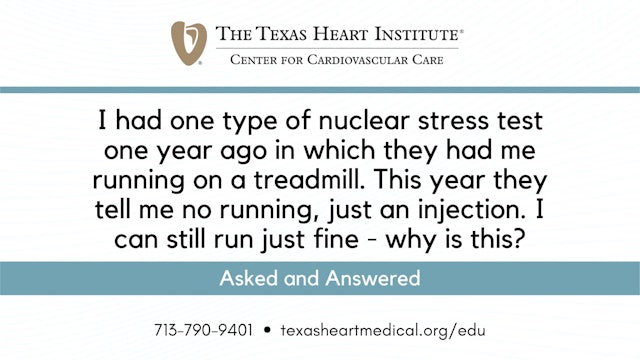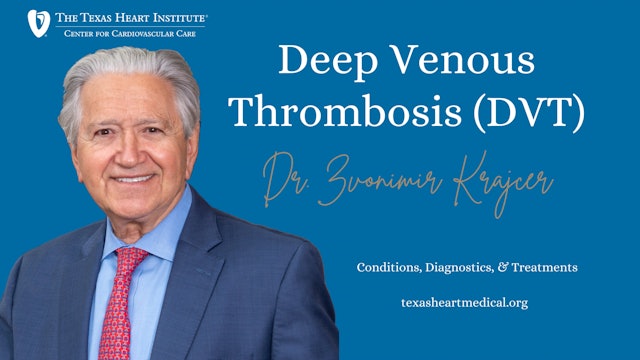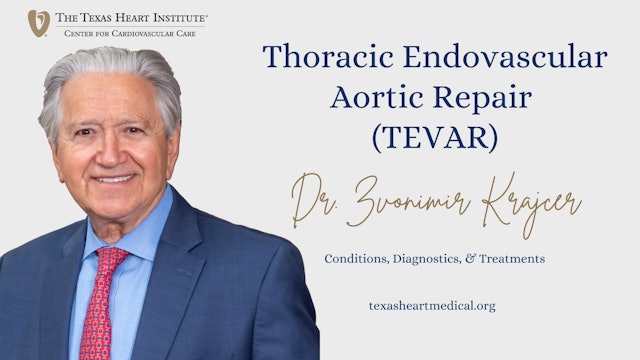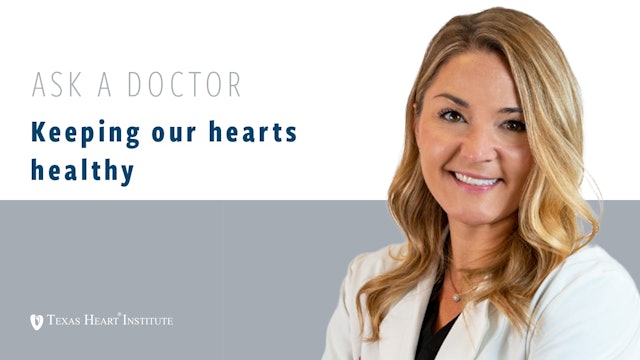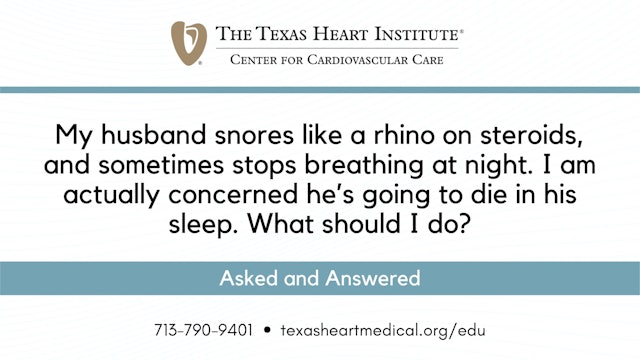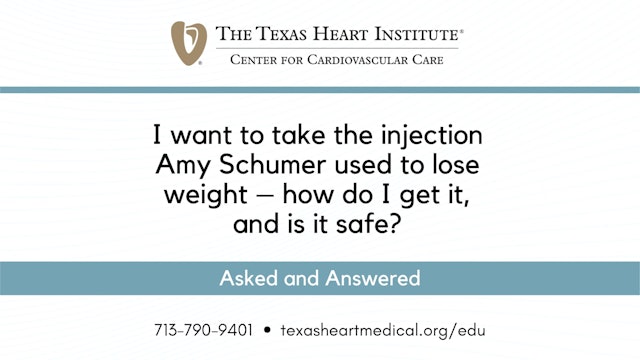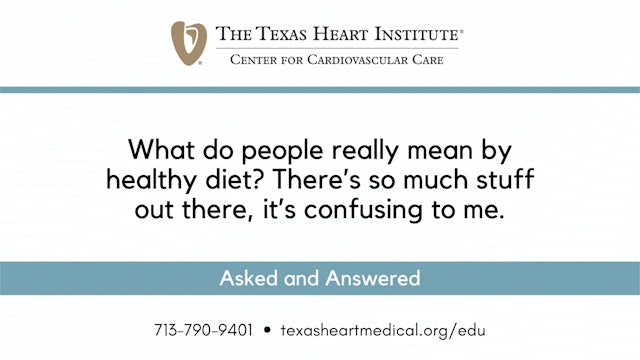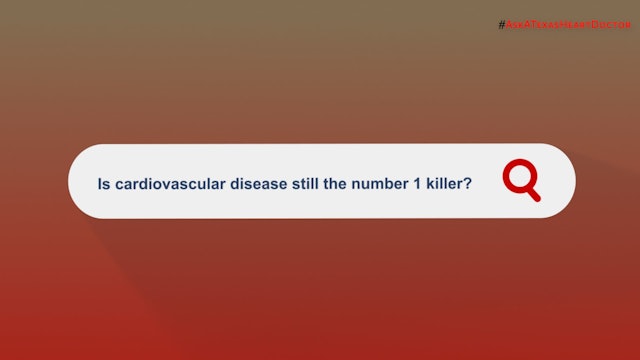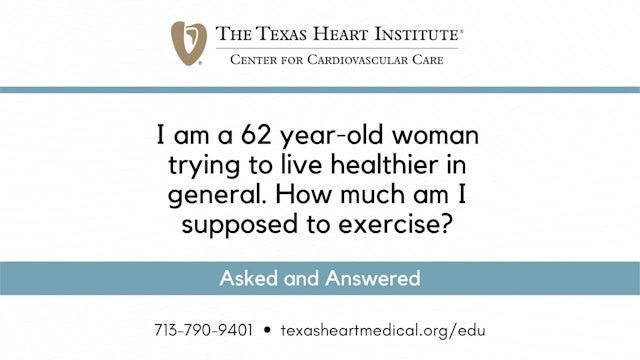For Patients
Make an Appointment by calling 713-790-9401 or www.texasheartmedical.org/#contact. Our specialties: www.texasheartmedical.org/edu.
-
Blood Sugar Spikes: The Power of Exercise and the Shocking Truth About Alcohol
Dr. Casey Means provides a simple yet powerful strategy to manage your glucose levels: exercise after eating.
Learn how even a short walk can significantly improve your body's ability to process sugar, leading to steadier energy and better sleep.Keep watching to find the truth about alcohol an...
-
Good Energy: Essential Elements of Metabolic Health
In her new book, Good Energy, Dr. Casey Means cuts through the noise of today's confusing dietary landscape. She offers a clear-cut framework, empowering you to make informed choices about what goes on your plate.
Dr. Means emphasizes aligning your food with your body's cellular needs. She ident...
-
Food as Medicine: Understanding the Root Causes of Illness with Dr. Casey Means
Dr. Casey Means, founder of Levels and author of Good Energy, joins Dr. Stephanie Coulter and Keri Sprung to discuss the connection between chronic inflammation and diet.
Explore why "food as medicine" is key to optimal health.
You can also learn more about nutrition here: https://www.texas...
-
Considering Cardiac Resynchronization Therapy (CRT) for Heart Failure?
In this video, Dr. Mitch Tan, a cardiac electrophysiology fellow at the Texas Heart Institute, explains cardiac resynchronization therapy (CRT) and how it can improve the lives of people with heart failure.
Dr. Tan uses an easy-to-understand analogy to explain CRT:
Imagine you and a partner are...
-
Dr. Eduardo Hernandez Talks Heart Health with the Dr. Laura Murillo at the Houston Hispanic Chamber of Commerce
Dr. Eduardo Hernandez talks with Dr. Laura Murillo, President and CEO of the Houston Hispanic Chamber of Commerce, about how The Texas Heart Institute Center for Cardiovascular Care is delivering the future of cardiovascular care today.
They explore successful prevention programs, advancements i...
-
Maintaining Cardiovascular 🫀 Health through Diet: Tips from a Dietitian 🍎🥦
Dr. Nikolaos Diakos interviews dietitian Kathleen Allen on maintaining cardiovascular health through diet.
They explore the significance of a plant-based diet, balanced meals, healthy protein and fat sources, and mindful eating.
They also discuss strategies for weight loss, managing cachexia in... -
Meet Our Doctors
5 items
The Texas Heart Institute Center for Cardiovascular Care physicians are internationally known for their expertise in diagnosing, treating, and preventing cardiovascular diseases.
Make an Appointment:
713-790-9401
https://www.texasheartmedical.org/#contact
Our Specialties:
https://www.texasheartm... -
Asked and Answered
23 items
General and Interventional Cardiologist Dr. Alexander Postalian answers patient questions related to cardiovascular health.
Submit your questions in the comment section to be featured in the next episode of Asked and Answered.
Read more about our specialties: www.texasheartmedical.org/edu -
Ask Texas Heart Doctors
15 items
The Texas Heart Institute is committed to educating the global community about the importance of heart health and the prevention, diagnosis and treatment of heart disease. At the Center for Cardiovascular Care, our specialties are broad and comprehensive, covering every aspect of heart health fro...
-
What Is Your Input in Regards to the Mediterranean Diet Versus the Keto Diet?
Doctors Stephanie Coulter and Briana Costello are answering all your heart health-related queries. Have more questions? You can #AskATexasHeartDoctor on Facebook, Instagram, or Twitter.
-
My blood pressure is all over the place – Do I need to be doing something differently?
"Blood pressure varies a lot during the day. We care about the average numbers over a period of days and weeks."
- Dr. Alexander Postalian, General and Interventional Cardiologist
Read More: https://www.texasheart.org/heart-health/heart-information-center/topics/high-blood-pressure-hypertension...
-
Treatment Options For Venous Diseases
Patients with chronic venous disorders are treated according to the type of disorder, its severity, and how much venous reflux it causes. The treatment goal is to improve symptoms, appearance, and skin changes due to chronic venous disease, and to reduce edema and ulcers.
For symptomatic varicos...
-
My coronary calcium score was 232. Do I need to have a stent placed in my arteries?
"The coronary calcium score is a marker of plaque in the arteries of your heart. It helps us know how aggressive we need to be with medication or lifestyle changes but does not help us decide if you need procedures performed."
- Dr. Alexander Postalian, General and Interventional Cardiologist
R...
-
Abdominal Aortic Aneurysm (AAA)
The Texas Heart Institute Interventional Cardiologist, Dr. Zvonimir Krajcer discusses Abdominal Aortic Aneurysm (AAA).
-
I'm Getting a Stress Test but My Doctor says I Don't Have to Run on a Treadmill
"There are many types of nuclear stress tests. A CT-PET, which produces some of the higher quality images, can usually only be done with injection of drugs, and not with exercise."
- Dr. Alexander Postalian, General and Interventional CardiologistRead More: www.texasheartmedical.org/our-special...
-
Deep Venous Thrombosis (DVT)
Deep Venous Thrombosis (DVT) occurs when a blood clot forms in a deep vein, usually in the leg. DVT is a serious illness because the clot can potentially break loose from the leg vein and travel up into the lungs, where it can block blood flow. This condition is called pulmonary embolism.
Read M...
-
Thoracic Endovascular Aortic Repair (TEVAR)
TEVAR is a non-surgical or an endovascular repair of thoracic aortic aneurysm with a stent graft.
The procedure is typically performed via groin or femoral artery approach rather than with major chest incision and general anesthesia to repair aortic aneurysm located in the chest cavity.Read Mo...
-
Keeping our Hearts Healthy
Dr. Briana Costello talks with Maya Pomroy about keeping our hearts healthy.
-
My husband snores like a rhino on steroids, and sometimes stops breathing at night.
"This is probably obstructive sleep apnea, which can have negative effects in your cardiovascular system. A sleep study is probably a good idea."
- Dr. Alexander Postalian, General and Interventional Cardiologist
Read More: https://www.texasheart.org/heart-health/heart-information-center/topics...
-
I want to take the injection Amy Schumer used to lose weight – how do I get it, and is it safe?
"This likely refers to GLP1 agonists. The medications are generally safe. The most frequent side effects is gastrointestinal “upset” stomach. Unfortunately, they can be expensive and are in short supply."
- Dr. Alexander Postalian, General and Interventional Cardiologist
Read More: https://www....
-
What do people really mean by healthy diet?
"Avoid simple carbohydrates (sweets, sodas, rice, pasta, potatoes, tortillas, arepas…) and “bad” fats (butter, bacon – animal fat). Favor lean protein (grilled fish, chicken) and vegetables. Watch the salad dressings as well."
- Dr. Alexander Postalian, General and Interventional Cardiologist
R...
-
Is Cardiovascular Disease Still the Number One Killer?
Doctors Stephanie Coulter and Briana Costello are answering all your heart health-related queries. Have more questions? You can #AskATexasHeartDoctor on Facebook, Instagram, or Twitter.
-
I am a 62 year-old woman trying to live healthier in general. How much am I supposed to exercise?
"The official recommendation is 150 minutes of exercise per week. Moderate activity such as brisk walking, walking on an incline, light jogging, cycling, elliptical, and some weight training."
- Dr. Alexander Postalian, General and Interventional Cardiologist
Read More: https://www.texasheart.o...

